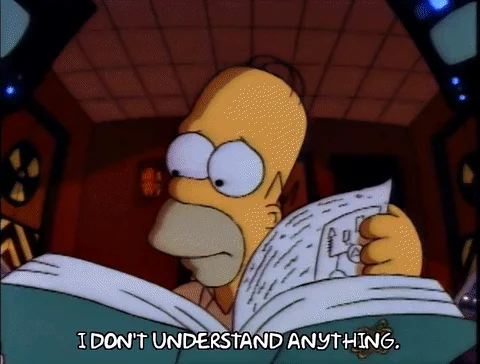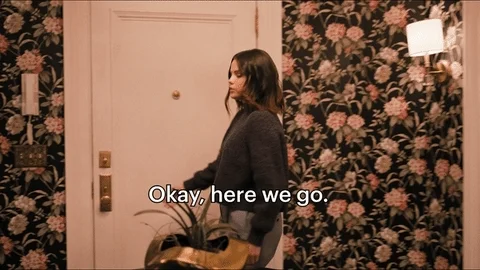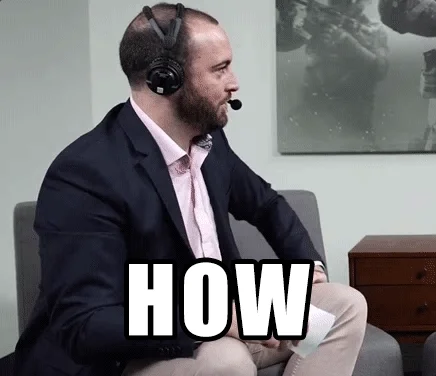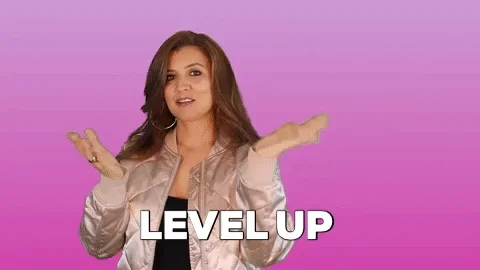Are you getting confused with so many ways of expressing the future in English?

Don't worry! Knowing the differences between each form will help you become more confident in your language skills.
There are a few ways to express the future in English.
Future simple
Future "be going to"
Future progressive
Present simple and progressive

1. Future Simple

We use future simple for:
Predictions and future events
Examples of future tense for predictions:
It will rain tomorrow, so take your umbrella. ☔
Mark will travel with his colleagues. 🧳
We will finish the project by Friday. 📊
Spontaneous decisions
Examples of future tense for spontaneous decisions:
She will help you with your homework. 📚
We will have spaghetti for dinner tonight. 🍝
I will come to you after I finish work.🧋
Promises or offers
Examples of future tense for promises or offers:
I will be at the party, you should come! 🥳
We will support you during university. 🎓
I will never let you down. 🤗
How to form the future simple?

Affirmative
Subject + will/shall+ base form of the verb:
I think you will enjoy this film. 🎦
Negative
Subject + will not (won't)/shall not (shan't) + base form of the verb:
They will not/won't attend the meeting tomorrow. 💼
Questions
Will/Shall + subject + base form of the verb
Will you come to the zoo tomorrow? 🦁
Note: "Shall" is usually used in highly formal statements and isn't used frequently in everyday language. ⭐
Did you know?
2. Be Going To

You can also express the future by using be going to:
To talk about plans and intentions
Examples of future tense for plans and intentions:
I'm going to cancel my dinner reservation for tonight. 🍴
She's going to sing at the school performance on Wednesday. 🎶
They're going to buy a new house next month. 🏠
To give commands
Examples of future tense for commands:
You're going to finish your homework before dinner. 📘
You're going to clean your room by the end of today. 🧹
You're going to wash the dishes before watching TV. 🧽
To predict something
Examples of future tense for predictions:
It's going to rain soon. The clouds are so dark. ⛈️
He's going to fail his exam. He didn't study enough. ✏️
Sarah's going to be accepted at the university; she has good grades. 🎓
How to form the future tense with "be going to"?

Affirmative
Subject + be + going to + base form of the verb:
They're going to travel to England next week. 🛣️
Negative
Subject + be + not going to + base form of the verb:
She isn't going to finish the report until midday. 💼
Questions
Be + subject + going to + base form of the verb:
Is Mark going to buy a new car? 🚗
Note: "Will" and "be going to" are used differently when talking about predictions. ➡️
Did you know?
3. Future Progressive

It describes actions in progress over a period of time in the future.
It can be used to show that an action will start at some point in the future and end later.
Examples of future tense for progressive actions:
She will be writing her essay this afternoon. 📝
He will be running ten miles at the competition. 🏃♂️
I will be studying all weekend for my exam. 🧑🎓
How to form future progressive?

Affirmative
Subject + will be + verb-ing
She will be cooking dinner around 8 o'clock. 🍳
Negative
Subject + will not/won't be + verb-ing
I won't be attending the meeting this afternoon. 🤝
Questions
Will + subject + be + verb-ing:
Will you be studying for your exam tonight? 🤓
Did you know?
Subscribe for more quick bites of learning delivered to your inbox.
Unsubscribe anytime. No spam. 🙂
4. Present Simple and Present Progressive

Present tenses can be used to express the future in English. This could be confusing, as we're taught that present tenses are for actions happening in the present.
How can we express the future using present tenses?

Present simple for scheduled events and routines
School starts at 9 a.m. 🏫
The train leaves at 8 p.m. tomorrow.🚅
I have an exam next week.📝
Present progressive for plans or arrangements
They're having a party at the office. 🎉
I'm flying to Spain next month. ✈️
We're having lunch with Mark this afternoon. 🥙
Quiz
Choose the correct sentences to express the future in English. Select all that apply:
Did you know?
Take Action

Your feedback matters to us.
This Byte helped me better understand the topic.
